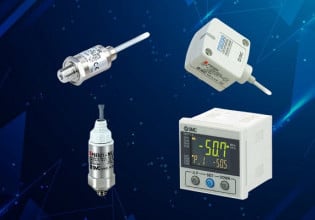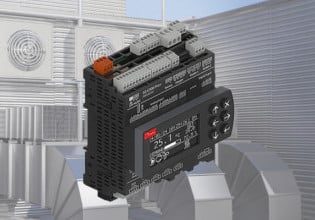C
For modification of our frame 9E by autotune, It was necessary to move some mA inputs from q to C core. This are 3 points. Anyway, after downloading everything worked fine for a few days. This morning I was resetting DCC errors on R S and T. A few minutes after this, the extended mA input card TCCB in C core got frozen.
We also activated Modbus in I computer. I do not see any relations. Does anybody have any idea why the card gets frozen? After reboot of C it works again for a few days.
TCCA card in C is already full filled with mA inputs, also on Q.
We also experience this on the MK V of our steam turbine.
Any help will be appreciated.
[email protected]
We also activated Modbus in I computer. I do not see any relations. Does anybody have any idea why the card gets frozen? After reboot of C it works again for a few days.
TCCA card in C is already full filled with mA inputs, also on Q.
We also experience this on the MK V of our steam turbine.
Any help will be appreciated.
[email protected]






